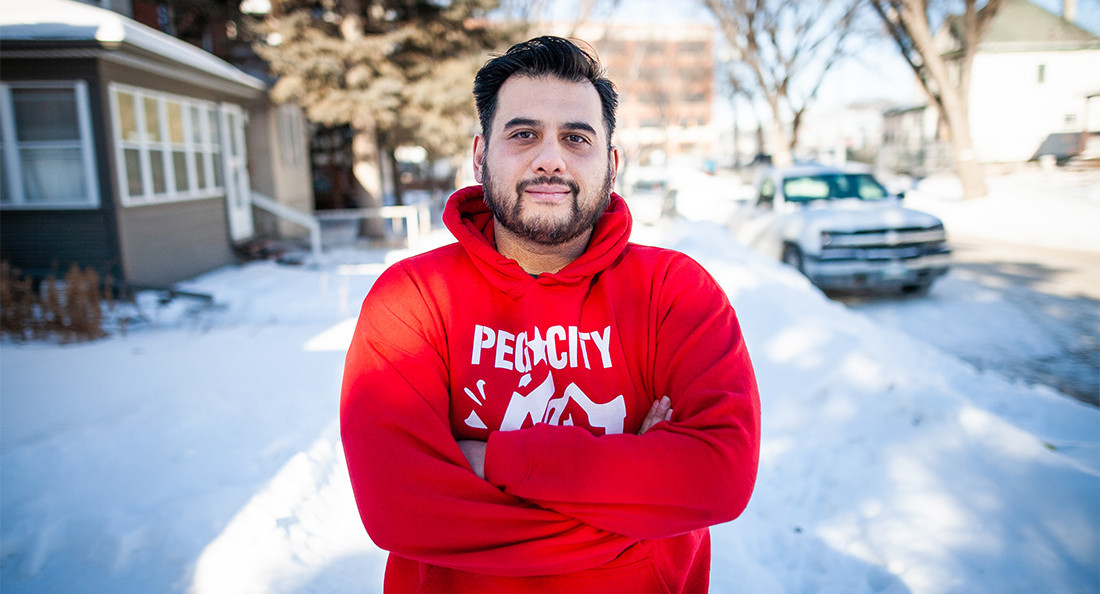It takes a community to combat hate
Tackling local neo-Nazi groups requires more than terrorist designation
The aftermath of the Proud Boys being designated a terrorist group in Canada on Feb. 3 has produced a combination of relief and worry among scholars and anti-hate groups alike.
As a researcher of right-wing extremist groups, Dr. Barbara Perry, the director of the Centre on Hate, Bias and Extremism at Ontario Tech University, says the designation has a number of implications.
“From a legal standpoint, it now means that any assets associated with those groups will be frozen,” Perry says. “It also means now that it becomes a criminal offence to support them in any way, whether that is by promoting membership or by funding them.”
She also suspects that some unintended ramifications may follow, making the legislation somewhat of a “double-edged sword.” While she agrees that legislation will help challenge the group and their ideology, she suspects there could be a more violent, underground rebrand.
Countering fascist groups in Manitoba has not been limited to state efforts. Omar Kinnarath, an organizer with Fascist Free Treaty 1 (FF1) says community-based intervention is just as, if not more, important.
Since 2017, FF1 has worked with local grassroots organizations, religious groups and other actors to create a community-centric anti-fascist model. Kinnarath says the group has been monitoring the Manitoban chapter of the Proud Boys’ membership and activities since 2018.
A few weeks before the Proud Boys were labelled a terrorist organization in Canada, FF1 publicly exposed the identities of the members of the Proud Boys’ Manitoba chapter on their social media channels. Later, FF1 revealed the chapter had been shut down.
“It only took us 24 hours to shut down their chapter,” Kinnarath says. “For the last two years, I have been telling all these guys that ‘this is going to hurt you in the future, and it’s nothing that we’re going to do.’”
In a surprising turn of events, Kinnarath says some members of the Proud Boys have reached out to him personally searching for avenues to leave the organization. He sees this as something positive.
At the same time, Kinnarath is critical of Canada’s move to designate the Proud Boys as a terrorist organization, saying it could have ramifications on legitimate dissident groups.
“It’s great that it happened on a surface level, but on a deeper level, it’s very dangerous,” he says. “Any time you give the state increased powers, increased funding, it usually turns out wrong for people who are actually fighting for legitimate causes.”
While Perry says the legislation is a starting point, she argues that this isn’t the end of the Proud Boys. She also stresses that the other neo-Nazi groups to receive terrorist designation are equally if not more dangerous than the Proud Boys.
In any case, Kinnarath sees the community-based anti-fascist model present in Winnipeg as a surefire way to combat hate groups and as an example for other cities in Canada to follow.
Published in Volume 75, Number 19 of The Uniter (February 25, 2021)








